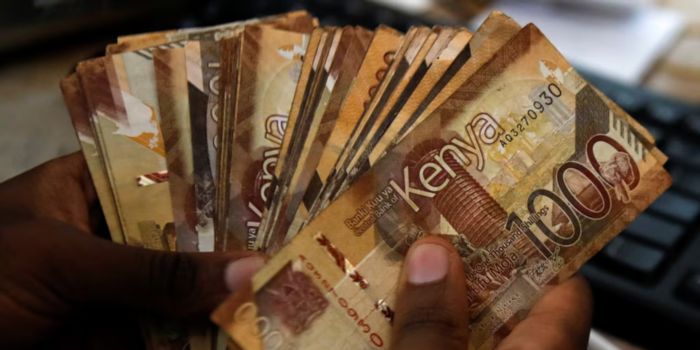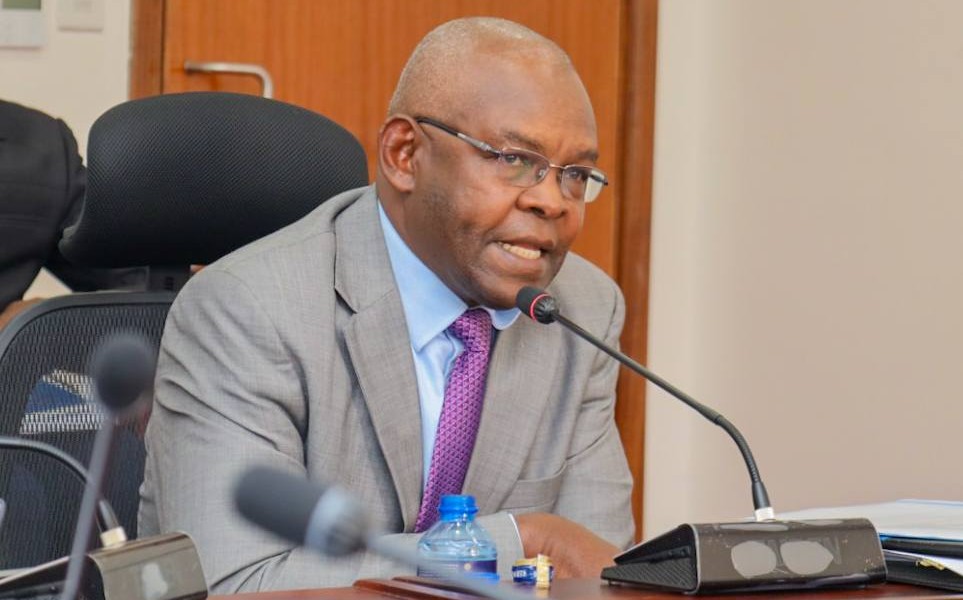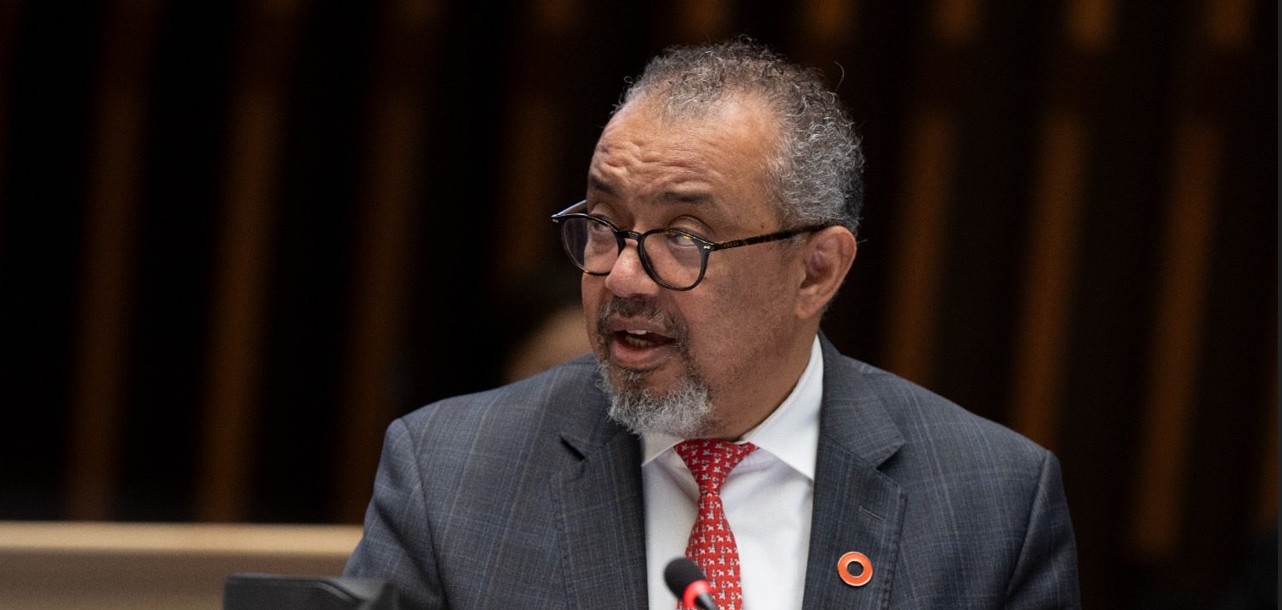Diaspora remittances from Saudi Arabia fall to four-year low after new work permit rules

Saudi Arabia rolled out the skill-based work permit system in mid-2025, with reclassification of existing workers beginning June 18 and new arrivals categorised from July 1. Enforcement started on July 5 for current workers, including thousands of Kenyans, while new recruits were transitioned to the new framework from August 3.
Kenya’s diaspora remittances from Saudi Arabia have plunged to their lowest in four years following the Gulf nation’s introduction of a skills-based work permit system.
Data from the Central Bank of Kenya shows cash sent home by Kenyans in the kingdom fell to $16.30 million (Sh2.11 billion) in August and $16.85 million (Sh2.18 billion) in September, almost half the monthly average earlier this year.
More To Read
- Kenya Kwanza adds Sh3 trillion to national debt in three years, CBK reveals
- CBK warns of rising debt distress, urges fiscal coordination
- MPs question rising debt despite Treasury’s reduced CBK borrowing
- CBK data shows Sh344 billion decline in mobile money transactions, steepest drop in 18 years
- Senators summon Mudavadi over harassment, detention and deaths of Kenyans abroad
- Kenyan single mothers in Saudi Arabia urged to register children, collect birth certificates
The flows in these two months represent a 46.83 per cent decline from the $31.17 million (Sh4.03 billion) average recorded in the first seven months of 2025 and are comparable to September 2021 levels of $16.61 million (Sh2.15 billion). They are also 50.67 per cent lower than the $33.59 million (Sh4.34 billion) monthly average for 2024, signalling a sudden break in what had been Kenya’s fastest-growing diaspora corridor.
Saudi Arabia rolled out the skill-based work permit system in mid-2025, with reclassification of existing workers beginning June 18 and new arrivals categorised from July 1. Enforcement started on July 5 for current workers, including thousands of Kenyans, while new recruits were transitioned to the new framework from August 3.
The system groups foreign workers into three skill tiers, including highly skilled, skilled and basic, based on academic qualifications, experience, technical capacity, wages and age. Highly skilled workers, such as doctors, engineers, IT specialists, and corporate executives, require at least a bachelor’s degree and five years of experience.
Skilled workers include technicians, mid-level supervisors and craftsmen with secondary or vocational training plus two years of experience. The basic tier, covering entry-level and manual labour roles, requires no formal education but is limited to workers under 60 years.
The reform replaces the decades-old iqama model, under which all foreign workers, ranging from janitors to surgeons, held the same residency and work permit category regardless of role or education.
Saudi Arabia’s Ministry of Human Resources and Social Development said the change aims to align workforce deployment with economic priorities, reduce over-reliance on low-skilled staff, and boost productivity.
For Kenya, whose migrant flows are dominated by basic and lower-skilled workers, the transition has disrupted wages, contract renewals, onboarding schedules and cash transfers.
The slowdown cut remittance flows from Saudi Arabia by 16.87 per cent in the first nine months of 2025 to $251.33 million (Sh32.48 billion) from $302.35 million (Sh39.08 billion), marking the first annual contraction since CBK began publishing full-year country-level data in 2020. This has allowed the UK to overtake Riyadh as Kenya’s second-largest source of diaspora dollars for the first time since January–September 2022.
Saudi Arabia had been the primary driver of Kenya’s incremental remittances between 2021 and 2024, growing from $88.32 million (Sh11.41 billion) in January–September 2020 to over $300 million in the same period last year, boosted by domestic work placements, contract formalisation, and rising Gulf wage floors.
By contrast, the UK’s inflows have grown steadily, from $150.52 million (Sh19.45 billion) in January–September 2020 to $262.53 million (Sh33.93 billion) in 2025, though down 2.97 per cent from $270.58 million in 2024.
President William Ruto has emphasised overseas employment as a key foreign policy tool to raise remittances.
“It is my intention that every year we should be able to send 250,000 Kenyans to work in different parts of the world so that we can enhance and increase the number of people working abroad and enhance our remittances from abroad,” he said in May 2024.
“I am committed, and I believe that is doable because I can see that we are on the right trajectory.”
Stability in US-based remittances has helped offset the decline from Saudi Arabia. Kenyans in the United States sent $2.05 billion (Sh264.94 billion) home in January–September 2025, a 5.70 per cent rise from $1.94 billion (Sh250.73 billion) the previous year, accounting for more than 54 per cent of total flows.
Overall, Kenya’s diaspora remittances rose 3.70 per cent to $3.77 billion (Sh487.23 billion) in the first nine months of 2025, up from $3.64 billion (Sh470.43 billion) in 2024.
Top Stories Today















































